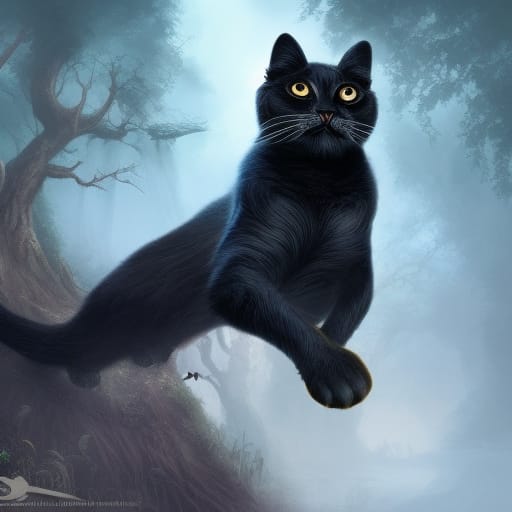Insight> Do cats feel guilt for toying and killing their prey?
Cats are natural hunters, and their instinct to stalk, capture, and eat prey is deeply ingrained. While they may exhibit behaviors that seem similar to guilt, it is important to note that cats do not experience guilt in the same way humans do.When a cat hunts and catches its prey, it is driven by its natural predatory instincts, not by malicious intent or a sense of wrongdoing. After capturing its prey, a cat may display behaviors such as playing with it, vocalizing, or consuming it. These actions are simply part of their natural hunting behavior and survival instinct.Some cat owners may perceive a sense of guilt in their cats when they bring a dead animal as a "gift" or when they exhibit certain behaviors after hunting, such as hiding or avoiding eye contact. However, it's important to understand that these behaviors are not indicative of guilt but rather a response to their natural instinct to protect their resources and avoid potential conflict.Cats are highly adaptable animals that can live in both domestic and wild environments. While they may no longer rely on hunting for survival in a domestic setting, their predatory instincts remain strong. It is essential to provide appropriate outlets for these instincts through interactive play, hunting toys, and environmental enrichment to ensure their well-being and prevent the hunting of wildlife.In summary, while cats may exhibit behaviors that could be interpreted as guilt by humans, it's important to remember that these behaviors are rooted in their natural instincts. Understanding and appreciating their innate hunting behavior can help us provide them with appropriate outlets for their instincts while ensuring the well-being of both our feline companions and the wildlife around them.



